Fertility and diet are popular issues these days, and fertility-related foods are a big part of that. Is it true, however, that particular diets can help you become more fertile? Also known as a a Fertility Diet.
While no single food or fertility diet will suddenly increase your chances of conception, a nutritious and well-balanced diet can surely help men and women maintain general health, including reproductive health.
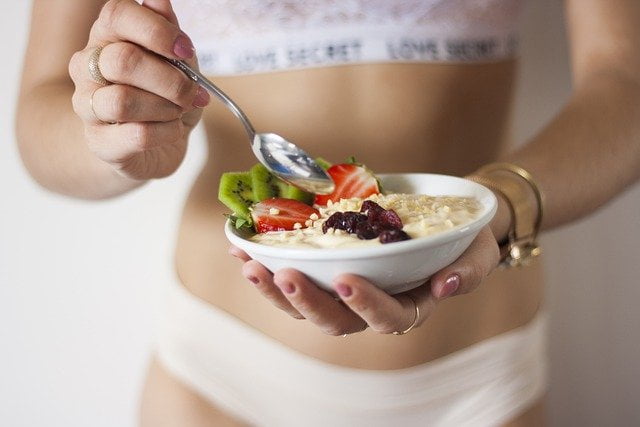
It’s crucial to note that many major diseases that cause infertility in women and men are unaffected by food choices. Dietary modifications, for example, will not unblock the fallopian tubes if the tubes are obstructed, preventing sperm from reaching an egg.
Foods that can be included in the Fertility Diet
Aged Cheese
Aged cheddar, parmesan, and manchego cheeses, for example, may help sperm health. Polyamines are abundant in mature cheeses. Polyamines are a type of protein that can be found in both plant and animal sources. They are also found in humans naturally.
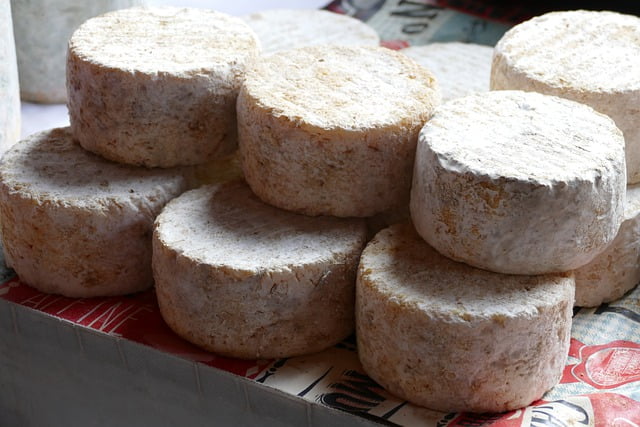
Polyamines have been shown to serve a crucial role in the reproductive system, according to research. Mature cheese contains a large amount of the polyamine putrescine, which may help sperm health. Putrescine is also thought to improve egg health, particularly in women over 35. (Yes, the putrescine found in grapefruit is the same putrescine found in grapefruit.)
Sunflower Seeds
Sunflower seed kernels that have been roasted and unsalted are high in vitamin E, an essential component that has been found to improve sperm count and motility in certain persons. Sunflower seeds are also high in folate and selenium, both of which are essential for male and female fertility. Sunflower seeds contain small levels of omega-3 fatty acids and are a good source of omega-6 fatty acids.
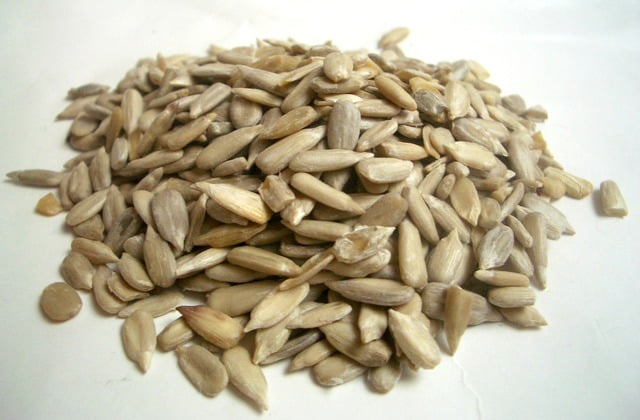
Sunflower seeds are a delicious snack on their own, but they may also be simply incorporated into your favourite dishes. Sprinkle sunflower seeds on salads, add them to trail mix, or use sunflower seed butter instead of peanut butter.
Citrus Fruits
Vitamin C is abundant in citrus fruits such as oranges and grapefruits. Grapefruits and oranges contain the polyamine putrescine, which has been linked to improved egg and sperm health in animal studies.
Orange slices can be eaten on their own, or citrus juice can be added to smoothies. Grapefruit slices are also a tasty addition to fresh salads.
Full Fat Dairy
For those who can handle it, pastured dairy is an excellent choice for fertility and pregnancy. Dairy has a lot of saturated fat, which is good for fertility. It’s also high in fat-soluble vitamins including A, E, D, K, and K2, as well as potassium.
According to a Harvard research, women who ate full-fat dairy products were less likely to have ovulation issues than those who ate mostly low-fat dairy products. Skim or low-fat milk, sherbet, yoghurt, and cottage cheese were all considered low-fat dairy products in this study. Whole milk, ice cream, cream cheese, and other cheeses were examples of full-fat items.
Cooked Tomatoes
Tomatoes are abundant in lycopene, a powerful antioxidant that can help you become more fertile. Lycopene’s possible effect in enhancing male fertility has been thoroughly researched.
Supplementing with lycopene has even been investigated as a viable therapy for male infertility. Supplementing with 4 to 8 mg of lycopene per day for 8 to 12 months improved sperm quality and increased conception rates, according to one study.
Pineapple
It’s a frequent misconception that eating pineapple core for five days after ovulation or embryo transfer (during IVF) may aid implantation. There isn’t enough evidence to support this practise.
However, there are other benefits to eating pineapple while trying to conceive. For starters, pineapple is high in vitamin C. A one-cup serving provides 46% of your daily recommended amount. Vitamin C deficiency has been linked to polycystic ovarian syndrome (PCOS).
This tropical fruit can naturally fulfil your sweet tooth. Fresh pineapple is preferable to canned pineapple because the heat used in the canning process destroys much of the bromelain in canned pineapple. It’s delicious on its own, in salsa, or even grilled.
Cinnamon
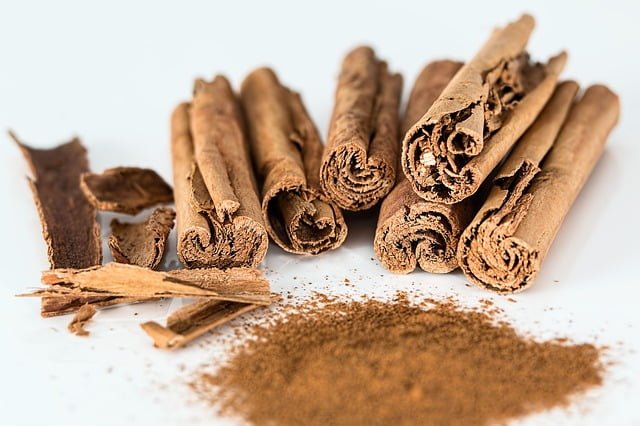
In women with polycystic ovary syndrome (PCOS), a prominent cause of female infertility, taking cinnamon supplements can assist kickstart irregular menstruation cycles.
In a small but intriguing study, women with PCOS who took a daily cinnamon supplement had nearly twice as many menstrual cycles as those who took a placebo. And, as you may be aware, more ovulatory regular cycles equals higher chances to conceive.
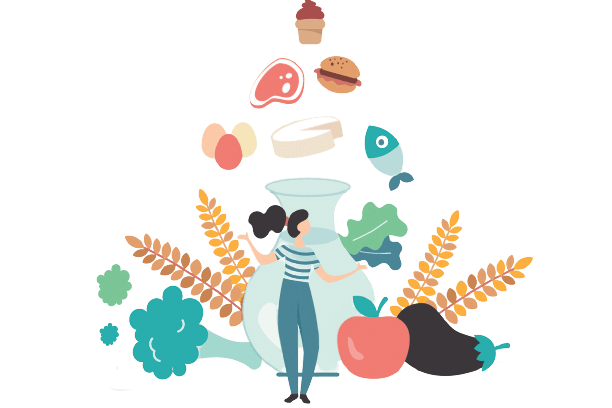
Foods that should be avoided in a Fertility diet
- Caffein
Coffee and tea should be consumed in moderation. According to the Harvard study, drinking multiple cups of coffee or tea per day had very little influence on ovulation issues, although it could cause dehydration. “From a dehydration aspect, our morning cup of coffee is the worst thing we can do.” Caffeine is a diuretic, which means it might dry out your mucus membranes, changing the consistency of your cervical fluid. Limit your daily caffeine intake to under 200 milligrammes from coffee, energy drinks, and teas.
- Soy
Processed soy, particularly powders and energy bars, should be avoided. Soy is one of the foods to avoid when trying to conceive because it has a detrimental impact on fertility. According to some experts, significant amounts of soy protein isolate in these products have estrogen-mimicking qualities, which can upset your hormonal balance. “You receive a massive amount of phytoestrogens that you would never be able to take in one dish otherwise,” Vitti explains. “They should be avoided by men in particular since they may affect testosterone levels.”
- Alcohol
Regular alcohol use can cause dehydration, which is why some fertility experts advise restricting it in your diet. Limit your alcohol consumption to two to three glasses spread out throughout a week.

